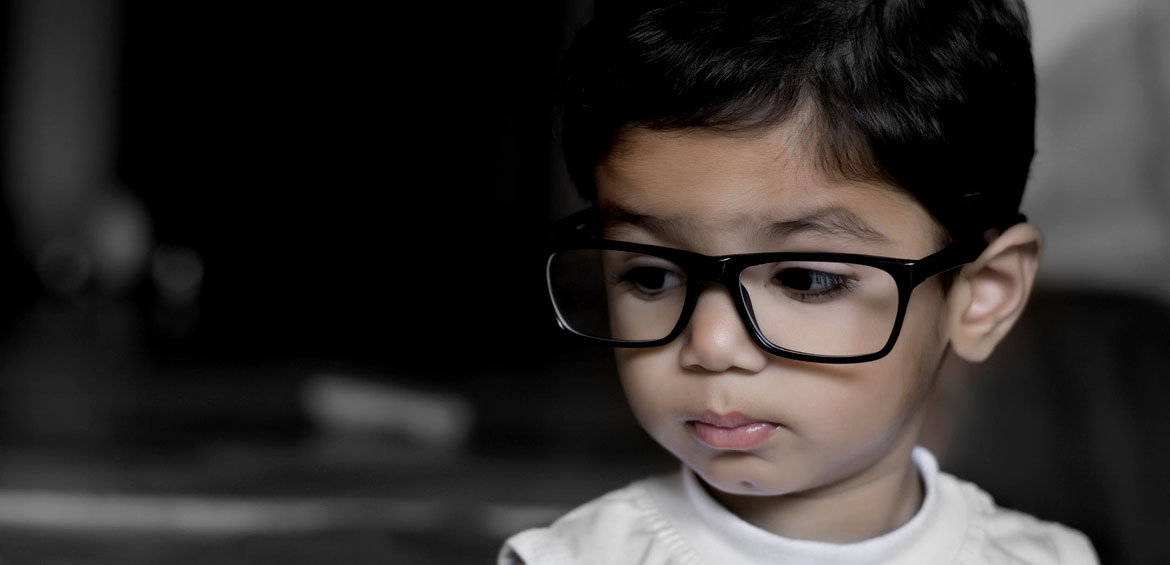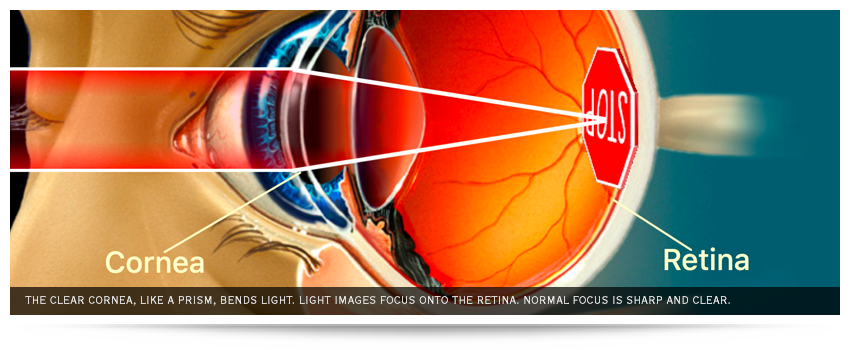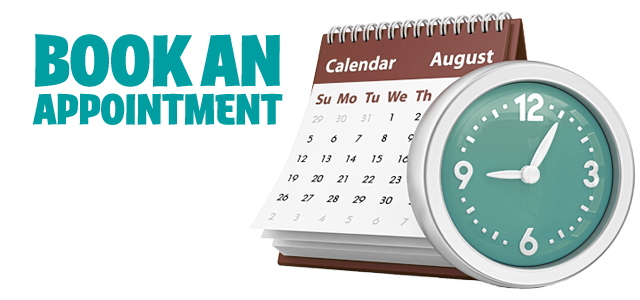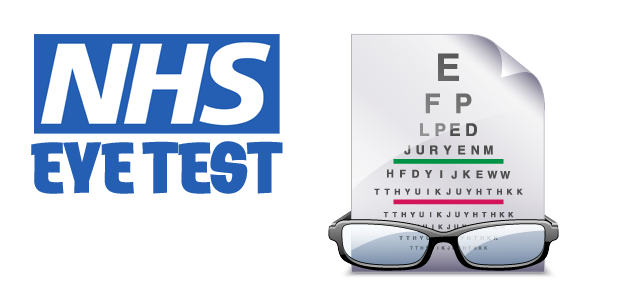![]()
Jack Brown Eyecare, Edinburgh Opticians.
Email: info@jbeyecare.com
Jack Brown Eyecare Branches
30 Elder Street, Edinburgh EH1 3DX
Tel: 0131 557 3531
Open in Google Maps
Westside Plaza, Edinburgh EH14 2SW
Tel: 0131 442 2333
Open in Google Maps

Children at risk of Short Sight
Children who spend more time indoors have a greater risk of developing short sight. In countries where children are encouraged to study from a very early age, short sightedness (Myopia) has become an epidemic.
Most parents understand that if they are short sighted there is an increased chance their children will also become short sighted. This is correct, in fact, if both parents are short sighted their children are twice as likely to be short sighted. However, short sight is increasing much more than this genetic component alone. Increased time spent on television, computer, phone and less outdoors is resulting in an “urbanisation” effect. It is this urbanisation effect that can be influenced by “Myopia control”.
Myopic Control - Advice and Practical Tips

Special contact lenses are one way to achieve Myopia control but there are also lifestyle changes. When outdoors, light levels are much brighter and the visual stimulus come from further away. Studies show that the urbanisation effect on the eye is actually due to less time outdoors rather than the screen time or reading when children are inside. So outdoor time acts in a protective way combating the screen time indoors.
The current recommendation is a minimum of 15 hours per week outdoor time, as this has been shown to reduce the likely onset of short sight up to 50%. Some practical tips are to not allow screens or reading while travelling in the car so younger passengers are encouraged to look out of the window and focus on more distant objects. Walking to and from school and prioritising outdoor play. If short sight does develop, we aim to introduce contact lens based Myopic control rather than relying on spectacles as the contact lens options allow us to actively try and prevent further development.
Orthokeratology
There are specialist contact lenses available that can be prescribed for children as soon as short sight starts to develop called Night Lenses which use a process called Orthokeratology (ortho-k). Night Lenses are only worn when sleeping, removing short sight during the night and providing clear vision during the day. Night Lenses have been available since 2003 before Myopia control was understood even by Optometrists. The current research demonstrates the ortho-k effect to give up to 50% reduction in short sight.
Although these specialist lenses are very well-known and prescribed by Optometrists at Jack Brown Eyecare, they are not common nationwide because they require extra time, specialist training and equipment to fit. In time, with increasing research and attention this may change but at times it feels like we are trying to make a difference in Edinburgh by word of mouth.
Myopia Control with Night Lenses
All contact lenses, even soft dailies, mould the front surface of the eye, the cornea. Night Lenses do this in a controlled way moving the short sight from the middle to the edge of the cornea. The lenses need to be worn every night but the advantages of this are the process is as safe as normal contact lens wear, it can be altered if the prescription changes and it is completely reversible.
Our patients love the freedom that comes with them, especially the children, whereby they can see, swim, play sport etc without additional correction. They also get the additional potential benefit of the Myopia control.
If you are interested in the plethora of benefits offered by Night Lenses in addition to Myopic Control see Night Lenses.
Article written by Andy Connell | Optometrist | General Manager
If you would like more information about Night lenses please complete the form below with your details:
text size >












